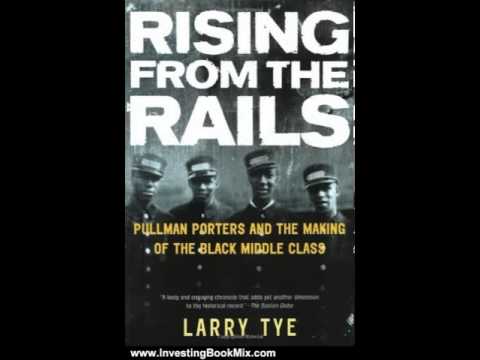Railroad History and Irregular Past-tense verbs…that’s what this episode of Ramping Up your English is all about.

Watching Episode 3
View Episode 3 here.
Episode 3, Segment 1
Episode 3, Segment 2
Episode 3, Segment 3
Summary
We used a video Clip on Early Railroads, including the Transcontinental Railroad, to practice regular and irregular past tense verbs to relate events from the past.
Additionally, we saw a brief presentation of a science experiment that demonstrated the energy that’s produced when water changed from a liquid to a gas using heat. We reviewed intermediate level sequencing words.
Language Objectives
Use regular and Irregular verbs to relate events from the past. Describe the function of objects.
Academic Content Objectives
Trace the history of Railroads in the United States through construction of the Transcontinental Railroad. Explain the impact of the TCR to the settlement of the West and to train travel in the United States.

Notes
Below are the debriefing notes on homework from Episode 2
Homework Example (What most intermediate-level learners should be able to do.
A stove cooks food.
A sink is where you get water and wash dishes.
Cabinets are where you can keep food until you are ready to eat it.
Ramped Up example (from slide 16)
A kitchen contains a number of features that facilitate preparing food.
A stove supplies heat for cooking, while a sink is a source of water for cooking and cleaning.
Cabinets supply storage space for food until it’s ready to be prepared.
Regular Verbs
Here are some regular past-tense verbs from Episode 3:
Regular verbs to past tense: Add “ed” or just a “d” for words ending in “e.”
The following are pronounced almost as if ending in “t.”
Bless = Blessed
Establish = Established
Flock = Flocked
These end in the clear sound of “d.”
Pull = Pulled
Control = Controlled (notice I doubled the “L” at the end of the word.)
Call + Called
Only this word in the list adds a syllable when ending in “ed.”
Invest = Invested
Irregular Verbs
Irregular Verbs from the video clip !RUE Early Rails
begin = began
build = built
make = made
set = set
have = had (it, he, she: has = had)
are = were
begin = began
build = built
make = made
set = set
have = had (it, he, she: has = had)
are = were
come = came
More Common Irregular Verbs
be = was or were drink = drank
become = became drive = drove
begin = began eat = ate
bend = bent fall = fell
bite = bit find = found
bleed = bled fly = flew
blow = blew forget = forgot
break = broke get = got
bring = brought give = gave
build = built go = went
buy = bought grow = grew
catch = caught have = had
choose = chose hit = hit
cut = cut hold = held
dig = dug keep = kept
do = did know = knew
leave = left lose = lost
make = made meet = met
pay = paid put = put
quit = quit read = read (pronounced “red”)
ride = rode run = ran
say = said sell = sold
sing = sang sit = sat
sleep = slept speak = spoke
speed = sped spend = spent
stand = stood swim = swam
take = took teach = taught
tell = told think = thought
throw = threw wear = wore
weep = wept win = won
write = wrote
For a more complete list of irregular verbs, I suggest visiting this site:
www.englishpage.com/irregularverbs/irregularverbs.html.
Videos Used in Episode 3
Below are the video clips I used in Episode 3.
No Ads on Archive
The video clips are now on Archive.org, a site that has no ads.
Click here for Steam Experiment
Intermediate level Sequence Words:
First…
Then….
Next…
Finally
(We’ll introduce more advanced sequencing words in subsequent episodes)
Homework
Use 10 of the irregular verbs listed above to write simple sentences about events in the past. You can use events shown in this episode, or events in your own life – whichever is easier for you to do.
Speaking of subsequent episodes, click here to visit the Episode 4 page.